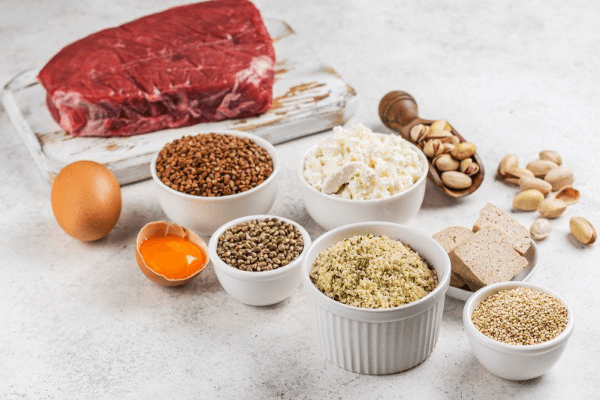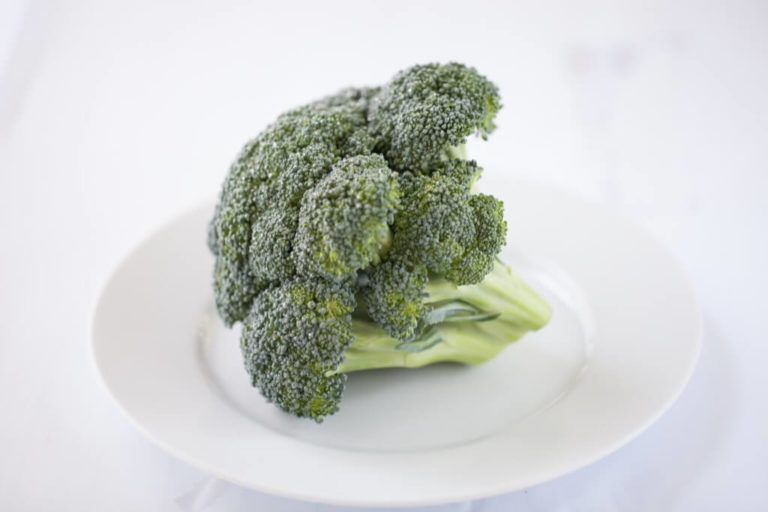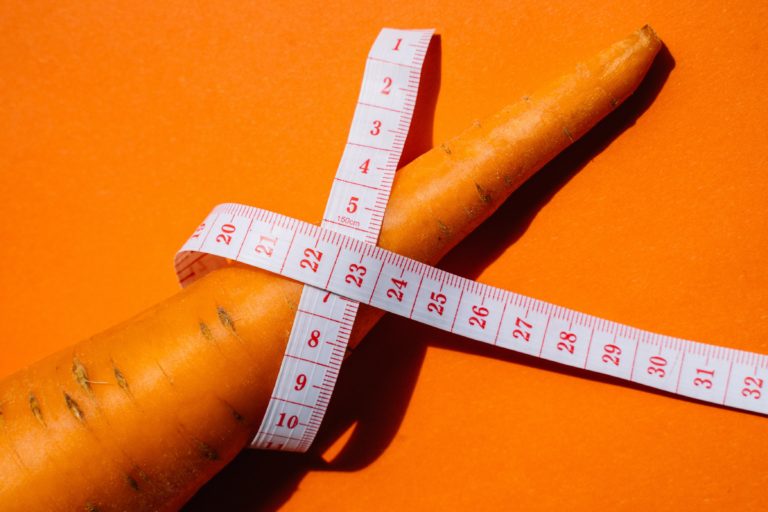PROTEIN 101. WHAT IT IS, WHY EAT IT, HOW IT WORKS. Quick read.
“..break your fast with protein, include protein in each meal, protein helps with building muscle, protein helps you lose weight..” the following post is a brief “masterclass” in protein. We look at what protein is, why we should eat it, what types of proteins are there, why we need it, how does our body utilise it, how does it help with weight loss and many more facts and reminders.
PROTEIN 101

WHAT’S IN THE NAME
the name protein comes from a greek word “proteios” meaning “primary” or “holding first place”, a term coined by Swedish chemist J.J. Berzelius in 1838
- it is an essential macronutrient
- it is the basic building block for all cells, muscles, bones as well as skin, hair and nails
- every cell in your body needs protein
- we need protein for repair, growth and maintenance
proteins are species-specific as well as organ-specific, meaning they differ in different species and in different organs within a single organism
ESSENTIAL VS NON-ESSENTIAL
each gram of protein contains 4 calories
the human body has around 10,000 different proteins, essentially made by various combinations of amino acids
- there are 20 amino acids which are the building blocks of protein
- the body can make 11 of the amino acids which are therefore considered non essential
- the body cannot produce 9 amino acids, these must be obtained from our diet therefore referred to as essential
complete proteins contain all 9 essential amino acids
- most animal proteins are complete: eggs, dairy, meat, fish, poultry
- most plant proteins are incomplete; except quinoa, soy, buckwheat, hemp seeds, chia seeds. If you’re only relying on plant protein eat a variety of sources
- fruit and vegetables contain the least amount of protein
LIFESPAN
your body cannot store protein (it can store carbohydrates and fats)
- proteins are continuously degraded and recycled, in other words, proteins are being constantly broken down and replaced
- the process of protein synthesis (in which cells make new proteins) requires a continuous supply of amino acids
the average lifespan of protein within the human body is 1- 2 days
- this is why it is important to eat quality sources of protein daily
- protein should be included in each meal
protein is essential for cell and tissue growth
- it is a valuable energy source and it will be the last source of energy your body wants to use
- your body will turn to protein in instances of extended fasting, vigorous exercise or low calorie diets
DIGESTION
combining protein with a carbohydrate will change it into a slow releasing carbohydrate
- e.g.: add nuts to your porridge, add yogurt with your fruit, add boiled egg in your salad or sandwich
protein helps with insulin control because it slows down the rate of digestion
protein also encourages the production of glucagon, the fat burning hormone
HAIR, NAILS, SKIN
hair and nails are made up of protein called keratin
- keratin is a structural protein also found in skin
collagen is the structural protein of your bones, tendons, ligaments and also skin
- it is also the most abundant protein in your body
protein plays a key role during your hair growth phase. If your hair is falling out look at your protein intake.
WEIGHT LOSS
protein is critical in building muscle and probably the most important nutrient for weight loss
- protein helps with increased satiety more than any other macronutrient
- therefore high protein diets help reduce overall calorie intake and promote weight loss in combination with boosting metabolism, reducing appetite, eliminating cravings and encouraging fat burning hormones
- High protein diet increases peptide YY, which is the appetite-reducing hormone and reduces ghrelin which is your hunger hormone
- a winning combination if you want to consume less calories and lose weight
THERMIC EFFECT
protein has the highest thermic effect out of all 3 macronutrients
- thermic effect of food (TEF) or diet induced thermogenesis (DIT) refers to the calories used for the purpose of digesting and metabolising food.
- TEF of protein is believed to be as high as 30%, which means that up to 30% of the calories from protein you eat will be used just to digest that protein
- the TEF of carbs is around 10% and fat a mere 3% or less
- this means that a high protein diet boosts your metabolism which will help you burn more calories even at rest. It could be up to 100 calories more per day.
For example, in this trial, increasing protein intake from 15% to 30% of participants’ caloric intake while maintaining the same amount of carbohydrates (50%) showed markedly increased satiety and therefore a sustained decrease in caloric intake (over 400 kcal per day) which resulted in significant weight loss.
a high protein diet reduces muscle loss and therefore spares you from slowing down your metabolic rate, a common dreaded side effect of weight loss
adding strength training will maximise the benefits of a high protein diet and will help keep your metabolism high despite losing weight
Please consult a nutritionist for what is a suitable amount of protein for you specifically, or discuss change in your diet with your doctor. This article is purely for educational purposes and not to be used as a dietary advice.






